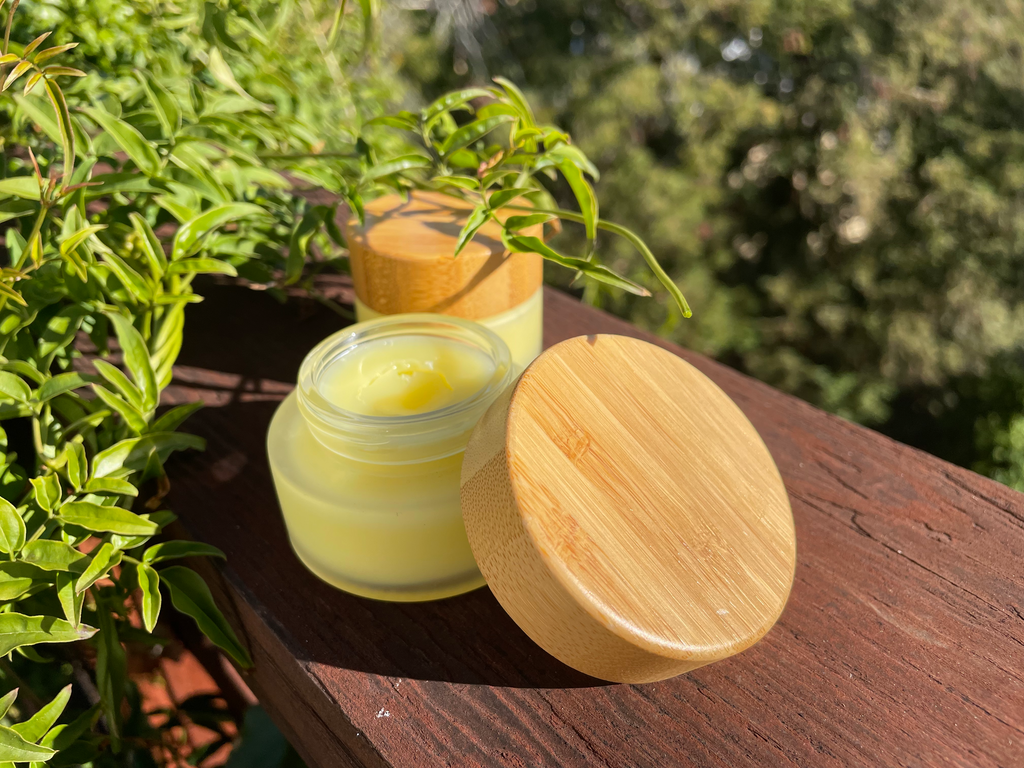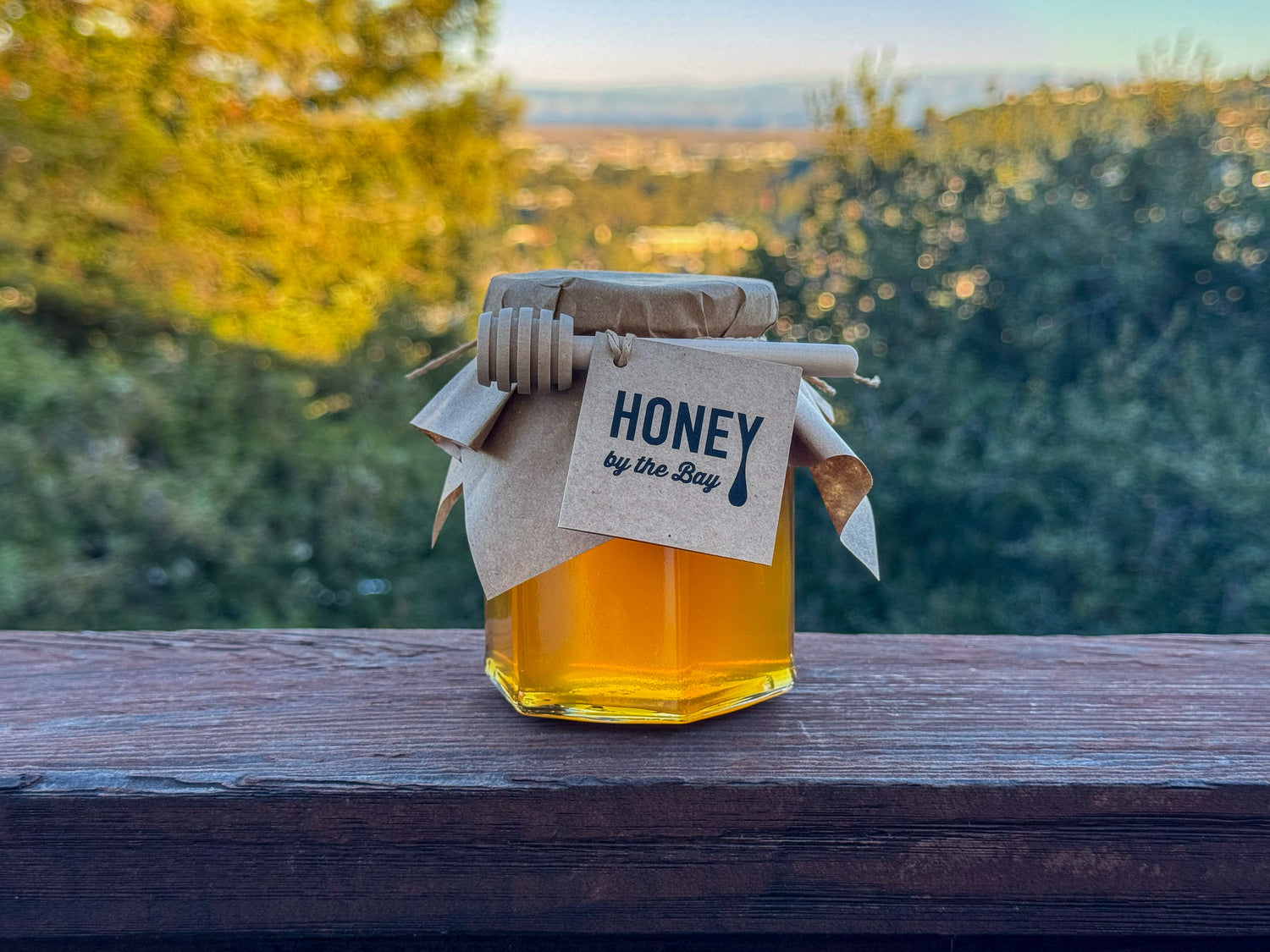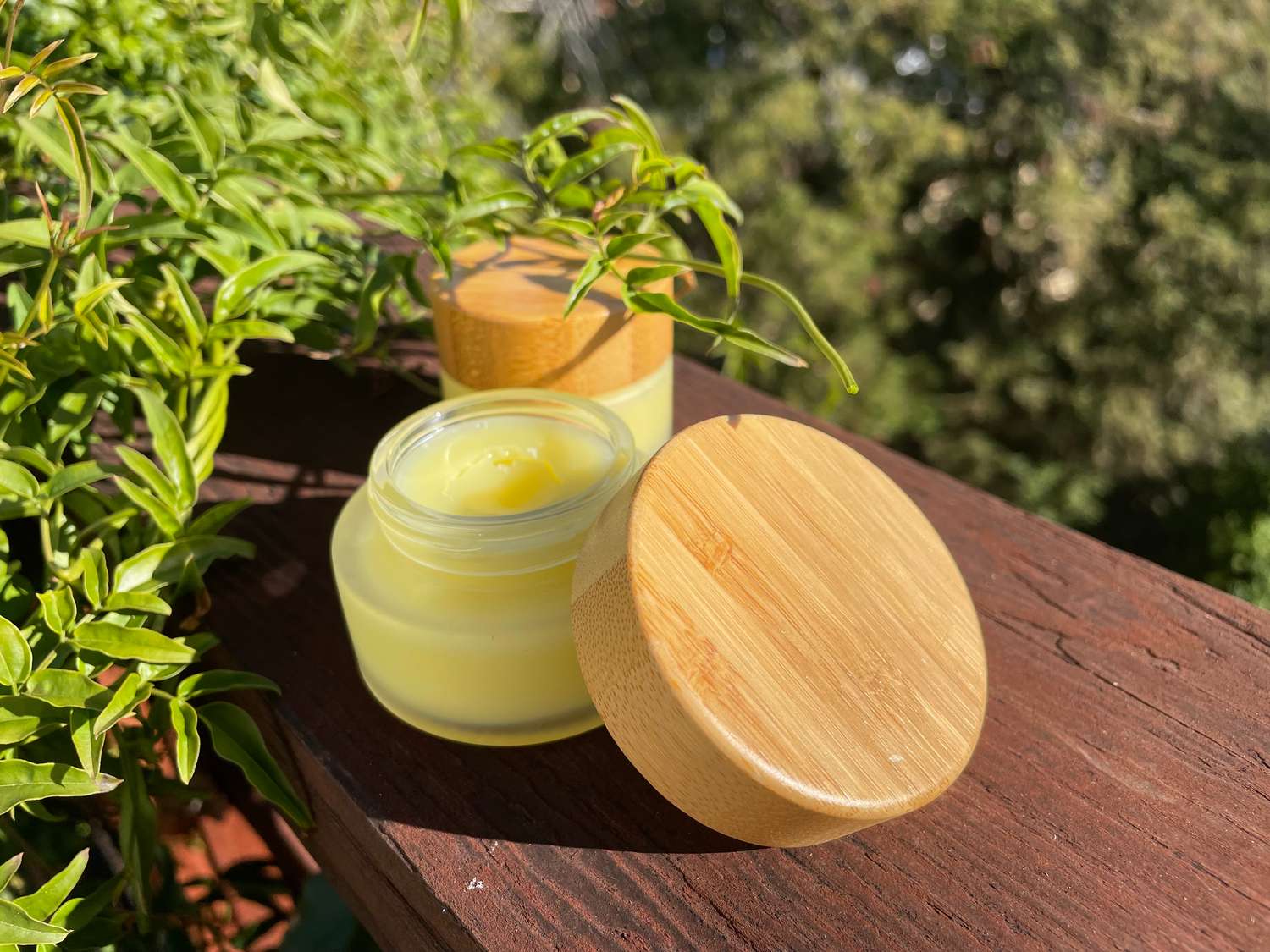Why Do Sustainable Cosmetics Matter?
The planet faces many environmental problems, such as climate change, water shortages, and biodiversity loss. To solve these problems, we need to change the way we live. We need to live more sustainably.

Sustainability is about meeting the needs of the present without compromising the ability of future generations to meet their own needs. It is about living in harmony with the planet. It is about using resources in a way that does not damage the environment. And it is about ensuring that everyone has the opportunity to live a good life, now and in the future.
Studies have shown that 81% of people polled expect companies to be environmentally conscious regarding their communications and advertising, and 69% indicated that they were doing everything possible to minimize their carbon footprint, up by 10% compared to the previous year.
The three main categories that play a role in cosmetics sustainability we cover in great detail below are:
- product ingredients
- product packaging
- product accessibility
The picture above is an example of sustainable products offered in sustainable packaging. The beeswax hand cream by Honey by the Bay is created using all-natural beeswax and other organic ingredients, packaged in fully reusable and recyclable glass and bamboo jars.
Sustainable Cosmetics - Ingredients
Short Ingredient List
In addition, short ingredient lists are a sign of quality. A product with fewer ingredients is usually made with higher quality, more natural ingredients. This means that it is better for your skin and the environment. Eco-friendly products with short ingredient lists are also often more affordable than those with long ingredient lists. This is because they require less processing and fewer ingredients, which cuts down on production costs.
Why organic ingredients in eco products?
The skin is the body's largest organ, and what we put on it gets absorbed into our bloodstream. So it's important to be conscious of our cosmetic products' ingredients and choose organic ingredients wherever possible.
Organic ingredients are free from harmful chemicals and pesticides, which can cause skin irritation and other health problems. They're also better for the environment, as they're produced without damaging chemicals and pesticides. Organic cosmetic products tend to be more expensive than conventional products, but they're worth the investment for your health and the environment's health.
There are many reasons to love locally sourced ingredients in cosmetic products! For one, buying local support businesses in your community is always good. Additionally, local ingredients are often fresher and more potent than those that have been shipped from far away. And last but not least, using local ingredients helps to reduce your carbon footprint.
Animal testing of cosmetic products is unacceptable for a variety of reasons:
- Most importantly, it is cruel to subject animals to tests, including force-feeding, deprivation, and burns, which will cause pain, suffering, or even death.
- There are often more reliable and less expensive alternatives to animal testing, such as in vitro methods.
- The results of animal tests may not apply to humans, making them of limited value in predicting the safety of cosmetic products.
What does an eco-friendly natural hand cream contain?
For a deeper understanding, let's look at a natural hand cream containing all-natural local and organic ingredients.
- Lavender Beeswax Hand Cream
- Locally sourced all-natural beeswax from our own apiaries
- Organic coconut oil
- Organic olive oil or organic shea butter
- Organic lavender essential oil
- Vitamin E
Safe & Natural Product Ingredients
- Natural beeswax: secreted by honey bees (European or Western honey bee, apis mellifera); outstanding moisturizer, helps keep the skin hydrated and soft; has anti-inflammatory and antibacterial properties, helps with skin conditions, including eczema and psoriasis, protects the hand from the damaging effects of sun and wind.

-
Organic olive oil: great moisturizer, contains anti-oxidants and vitamins nourishing the skin.

-
Organic coconut oil: moisturizer, contains anti-oxidants, anti-inflammatory.

- Organic shea butter: moisturizing & nourishing properties; anti-inflammatory, helps heal cuts and scrapes.
- Vitamin E: anti-oxidant, may reduce eczema-induced inflammation, protects against UV rays of the sun.
- Organic essential oils: essential oil originating from plants grown organically.
Ingredients to stay away from
The most frequently used ingredients we don't want in our cosmetics include:
- Palm oil

- Polyethylene glycols (PEG)
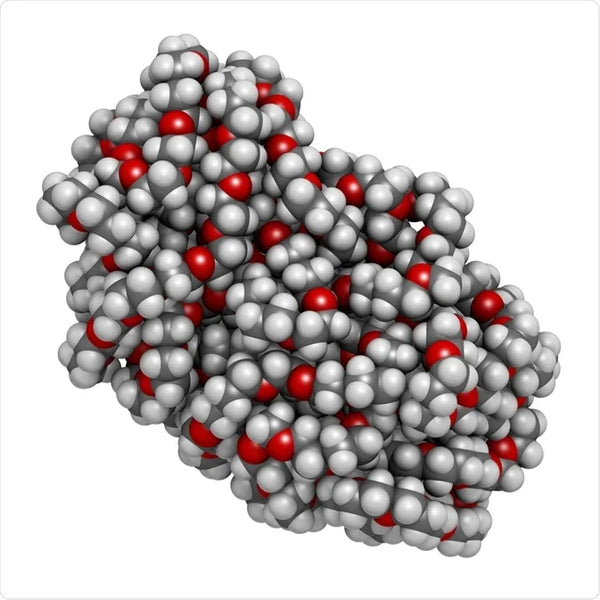
- Byproducts from animals, such as whales
- BHA & BHT (synthetic anti-oxidants)
- Formaldehyde
- Aluminum
- DBP
- Methyl & propyl parabens
- Oxybenzone
- Dyes and pigments
- Preservatives
Eco-friendly Product Packaging
Best: Reusing Packaging
The most environmentally friendly packaging option is reusing the same packaging and using it to refill the product. Best if the packaging is made of sustainable materials, such as glass, metal, or wood, such as bamboo. A great example of this packaging is a glass jar (for example, a jar of honey or hand cream packaged in a glass container) that's recycled and refilled after use (with grandma's favorite jam or homemade balm).
Recycling of tin cans and containers ranks high as well. Empty tin cans can be cleaned and recycled to produce new tin cans.
Kiehl's, for example, offers refill packages for many of their products, helping them reduce the carbon footprint they leave behind.

Good: Recycling and Reusing Packaging
If recycling or reusing the sustainable packaging of your products is not an option, your second choice should be compostable and bio-degradable packaging options. When packaging is labeled compostable, it often indicates that it is compostable in industrial compost facilities. Biodegradability can mean different things as well. In the famously progressive California, manufacturers can only use this label on their packaging if it bio-degrades within one year.
A great example of a company with biodegradable packaging is Elate Cosmetics. They use bamboo and other wood as their primary container material. In addition, they also use glass and metal extensively.
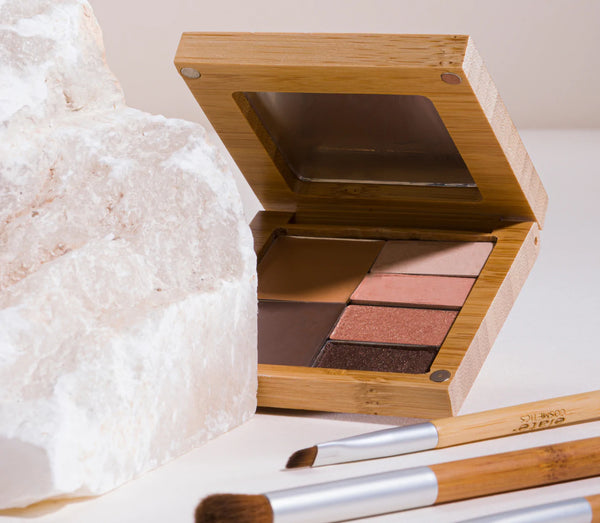
Avoid: Downcycling Packaging
As with any manufacturing process, producing new products from recycled materials requires energy and resources. The benefits of down cycling are that it reduces the demand for virgin materials and the energy required to produce them. However, downcycling also has environmental impacts. Breaking down and reusing materials, such as plastic, can release toxins and pollutants into the air and water. Additionally, downcycling can result in the loss of valuable resources, such as metals and minerals, that are not recovered during the recycling process.
Accessibility of Beauty Products
Shaping our world to accommodate differently-abled people has been at the forefront for many of us for quite some time now. The fear of not being able to navigate in our cities, reach items and pay in the grocery store or not knowing when the traffic light turns green is very real for the physically, visually, and otherwise impaired.
However, we tend to pay less attention to the accessibility of our products.
In a truly sustainable and inclusive world, cosmetic products must have the differently-abled community in mind as well. There's a lot that consumer products can improve to accommodate those with special needs. For the visually impaired, it's critical to have large print and use high-contrast colors on product packaging. Going one step further, having Braille on the box is another important milestone. Finally, making sure that the product is accessible for single-handed use is critical for those who are temporarily or permanently disabled.
L'occitane stands out with its Braille labels making its products accessible for the blind.
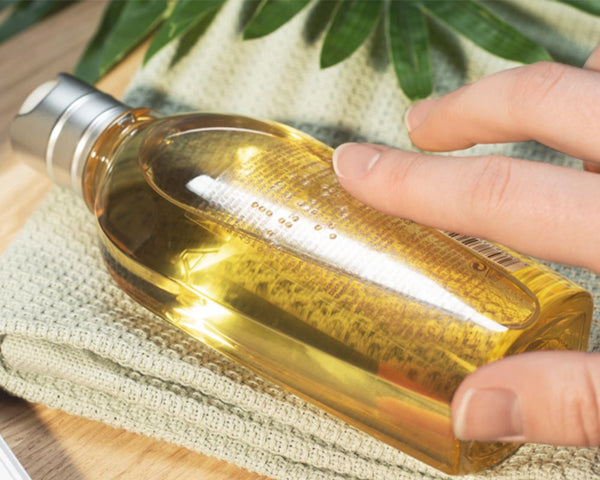
In Conclusion
The cosmetics and beauty industry is going through a transition. While companies need to be aware of the different aspects of this evolution, the real change comes from consumers, who drive this change by demanding and expecting it. Paying attention to the ingredients, the packaging, and the accessibility of cosmetics is going to contribute to the sustainability improvements our environment so much needs.
The all-natural beeswax hand cream by Honey by the Bay checks all the sustainability boxes discussed above. The beeswax originates from small-scale backyard beehives kept under humane conditions. The list of ingredients is very short, and the few other ingredients are all organic. Give it a try; it's super pleasant and does miracles for your dry, damaged, or sensitive skin.

